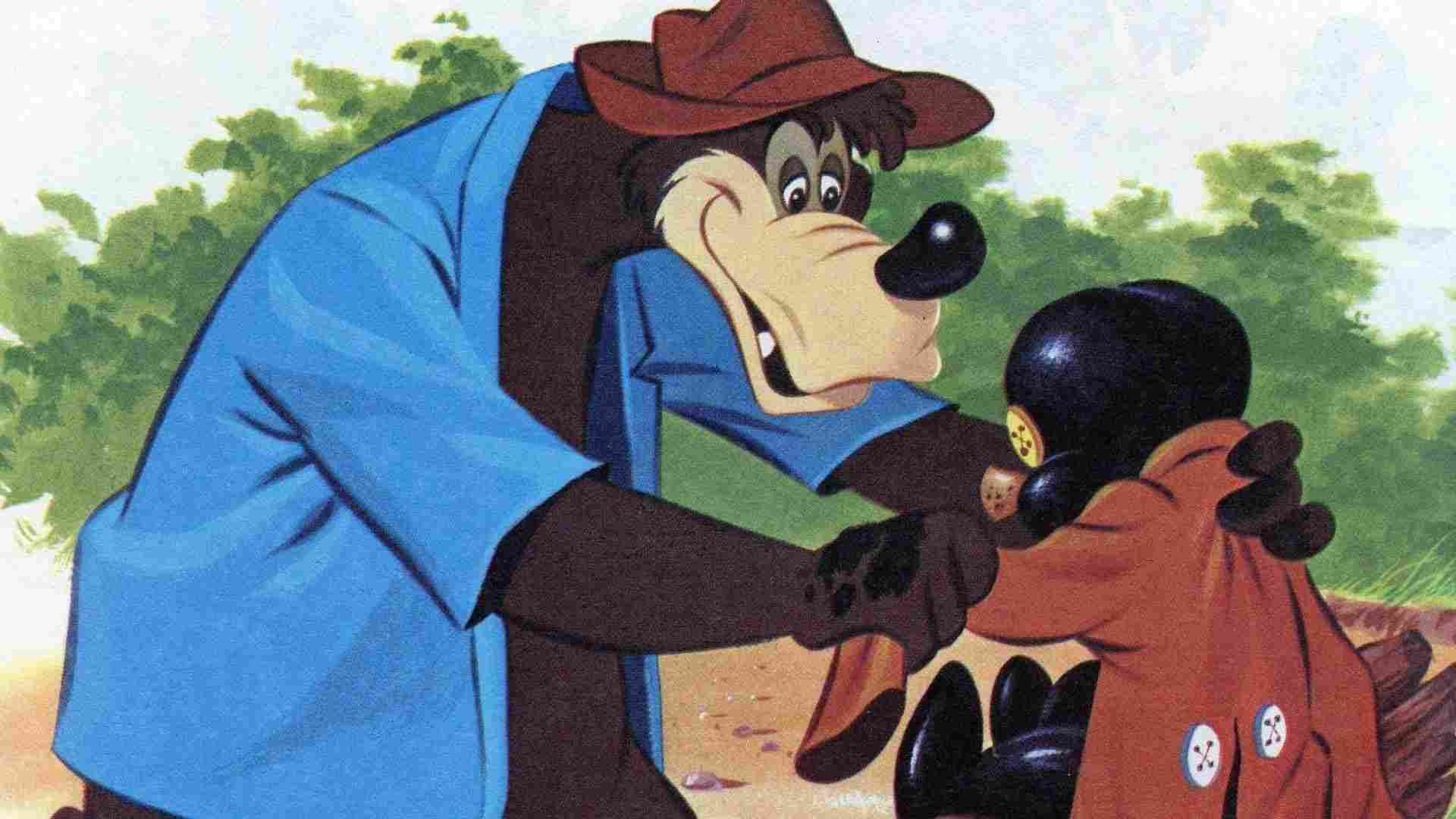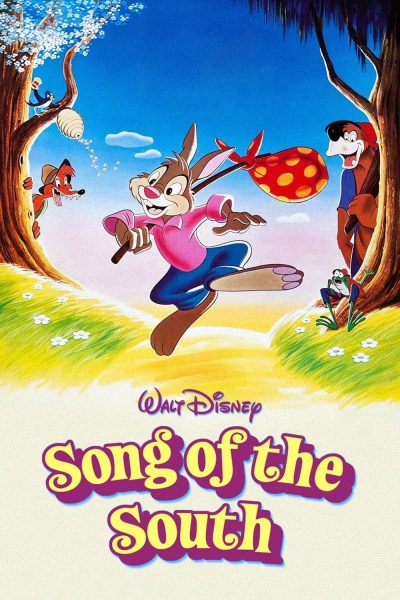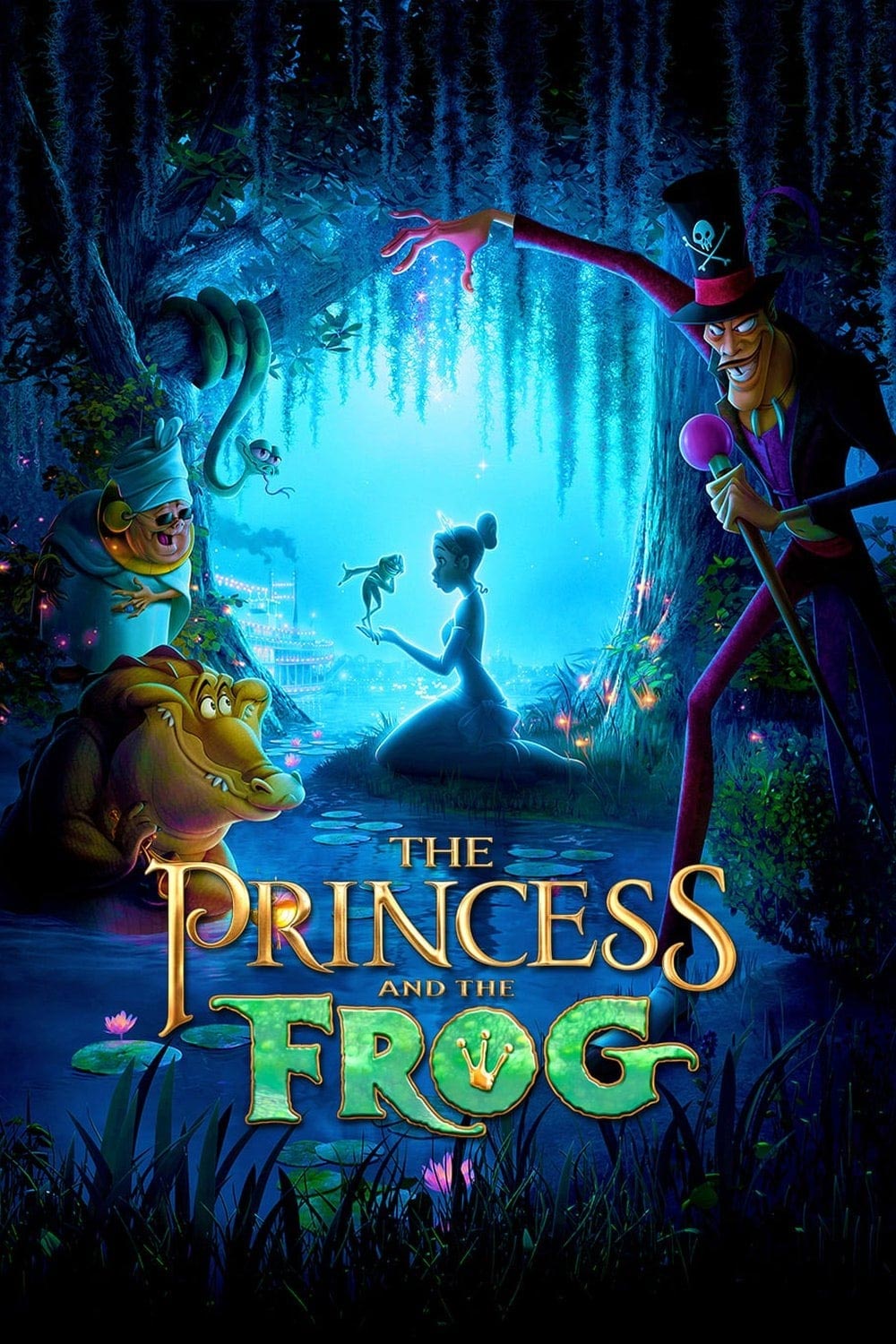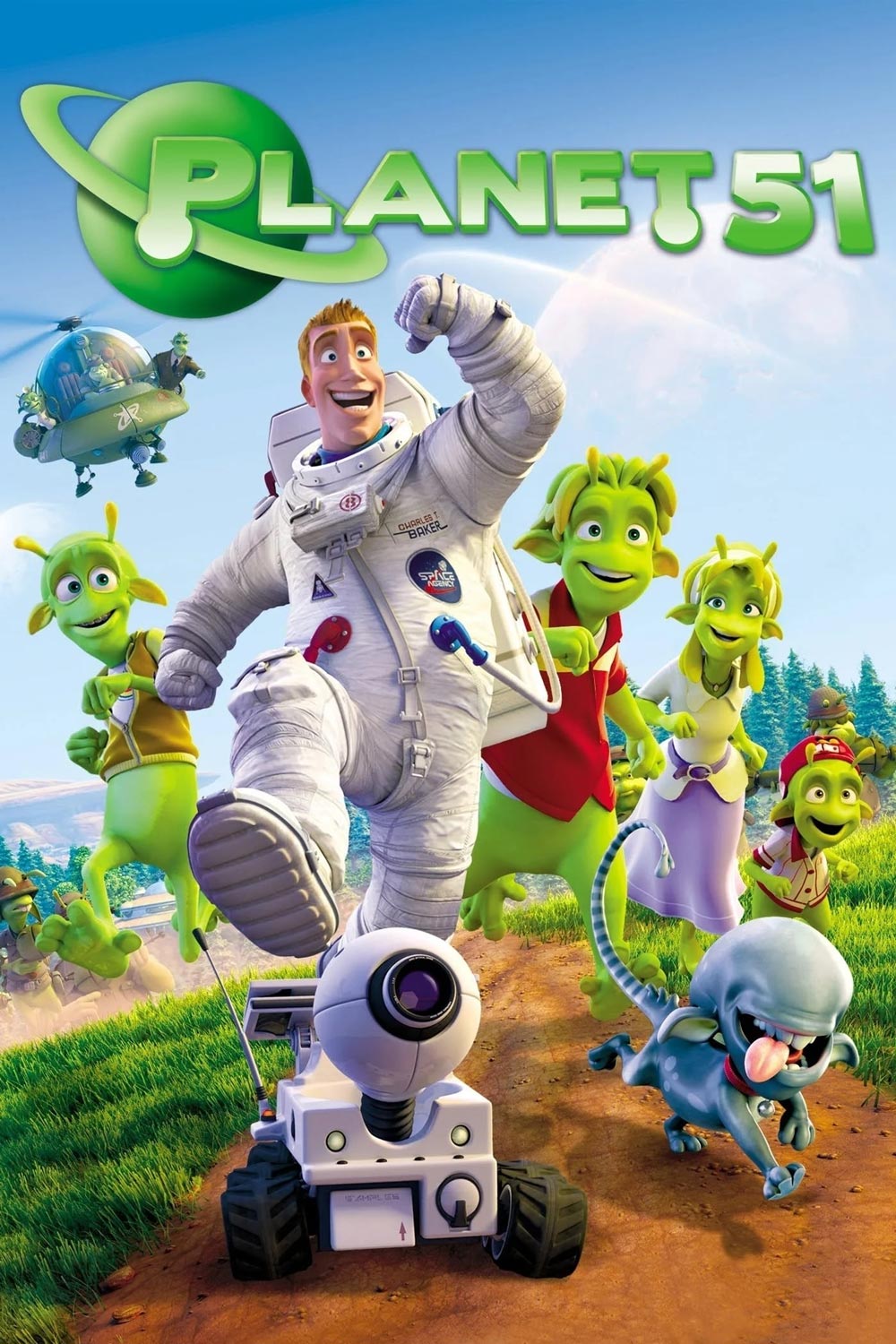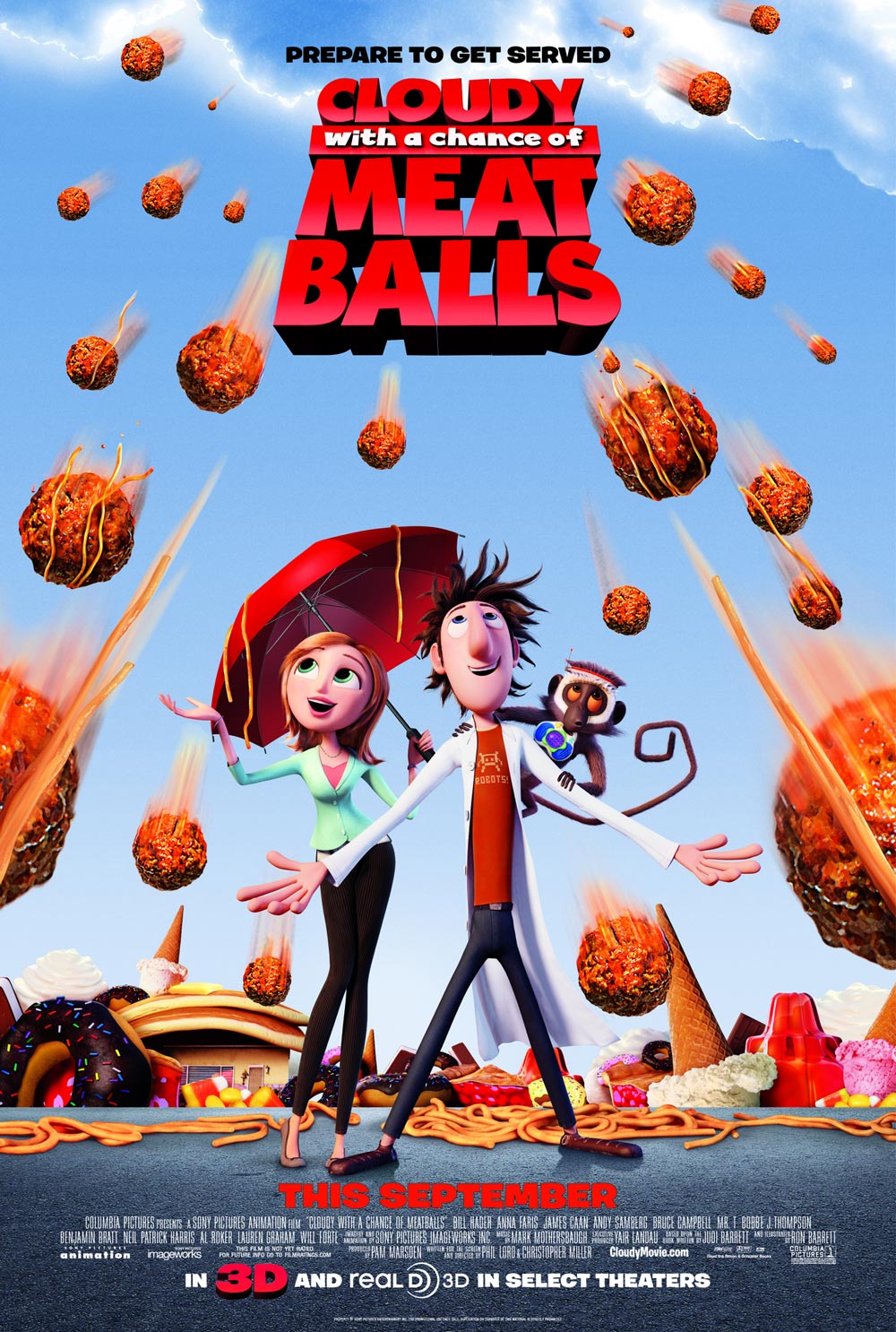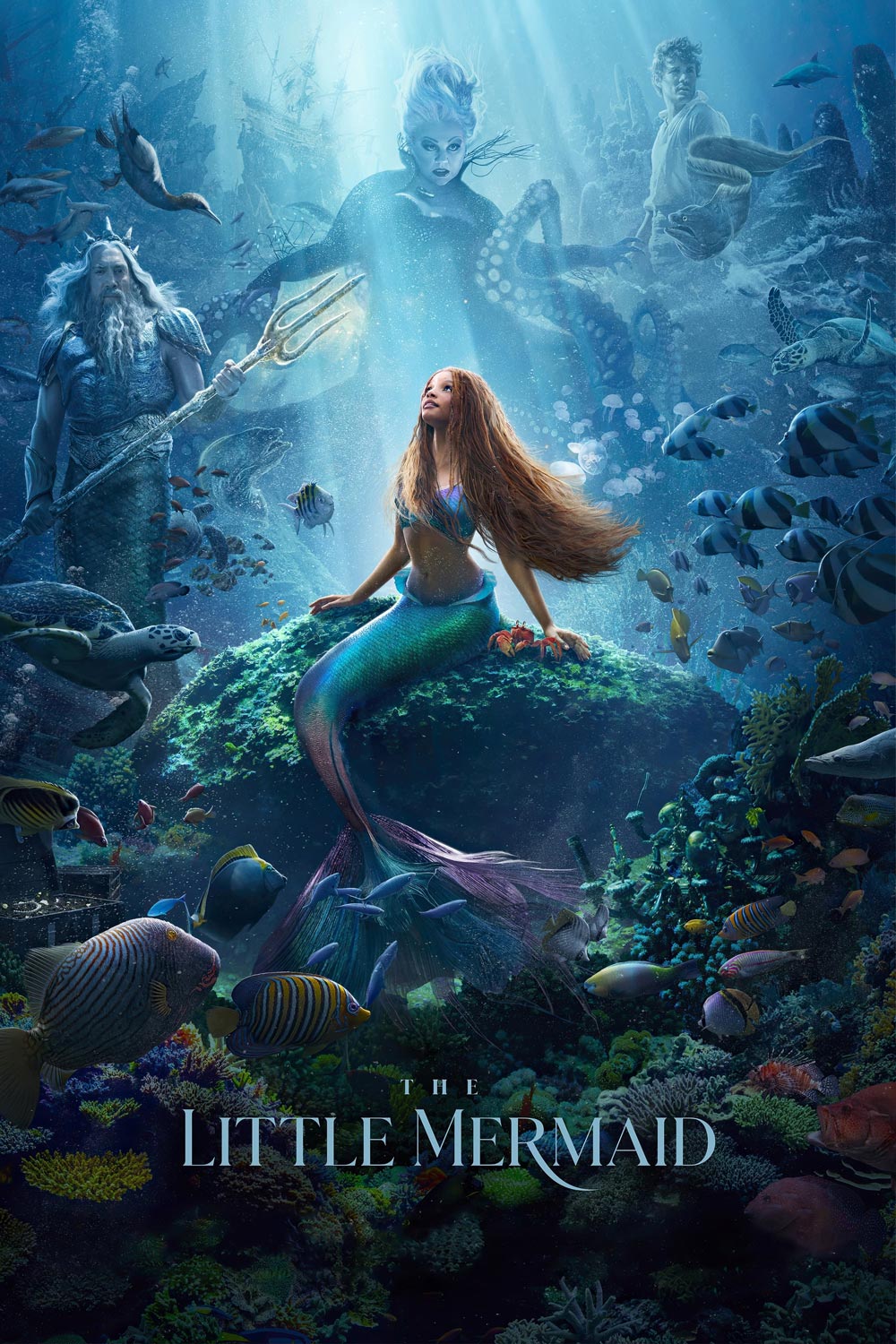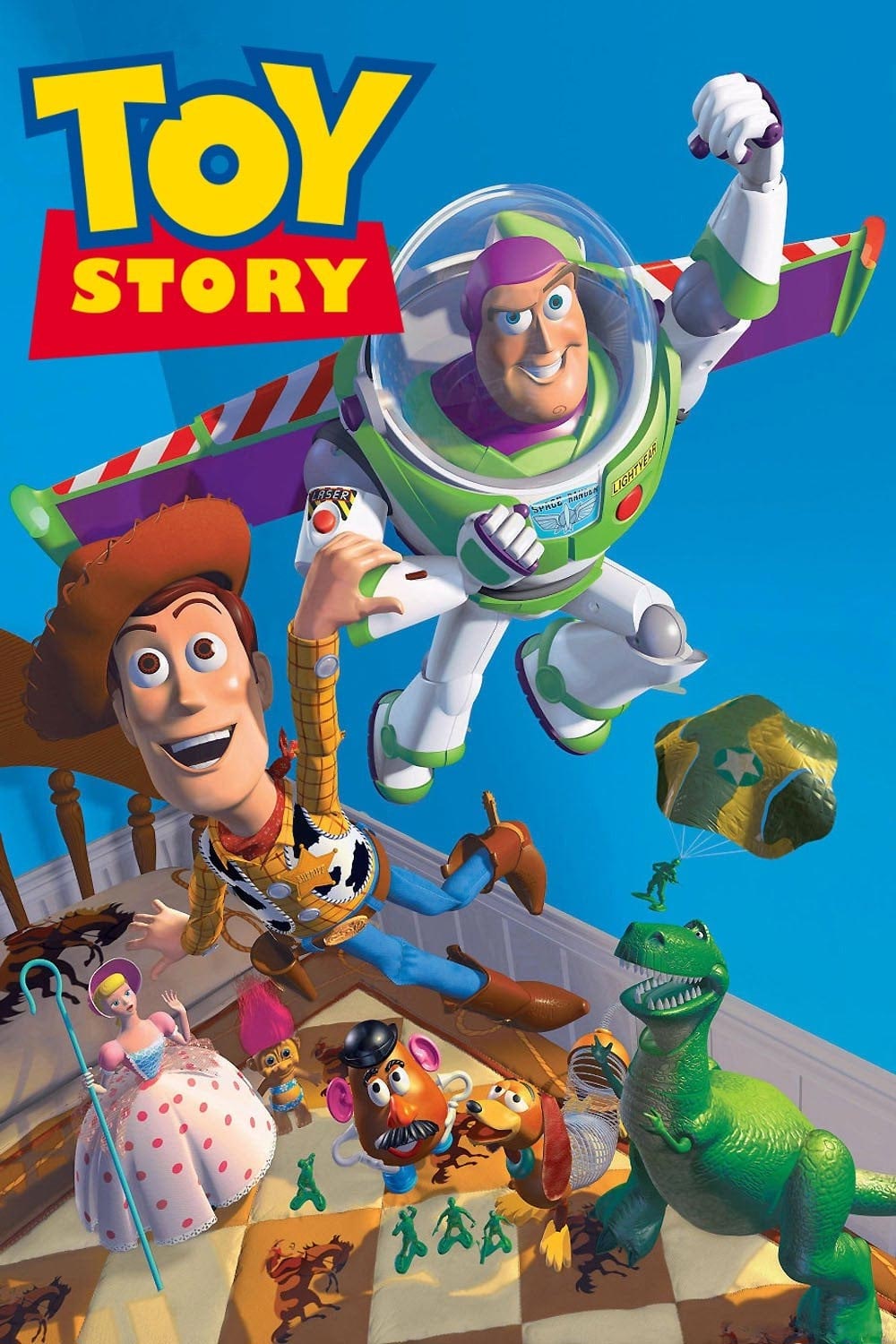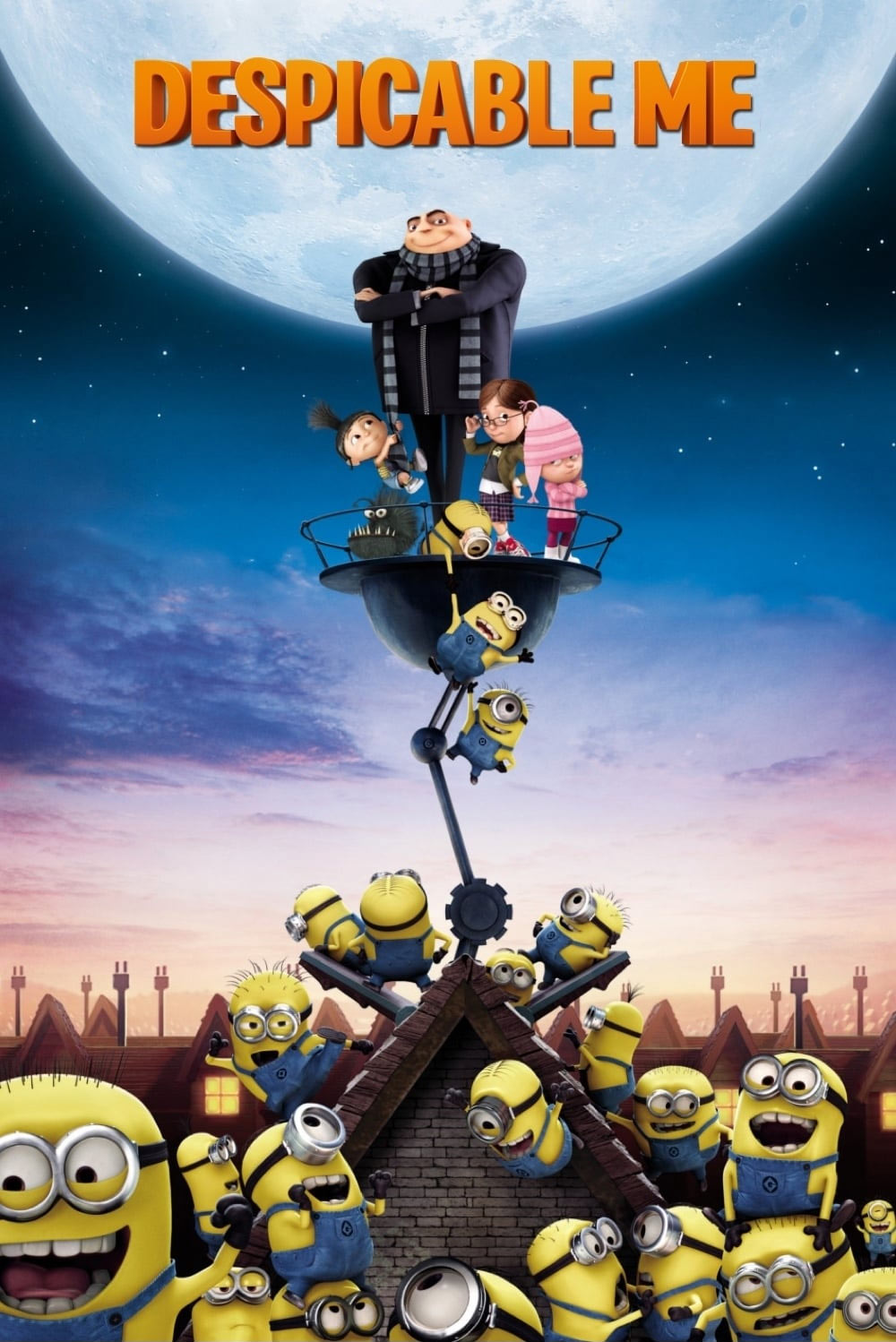Published on
Disney movies are no stranger to scandals and controversy. Though generally aimed at a younger public Disney movies occasionally have adults raise their eyebrows, the reasons vary but most of them deal either with sex or racial stereotypes. Phallic symbols were displayed on the poster for The Little Mermaid and some sparkling dust in the Lion King is supposedly forming the letters S-E-X… More problematic however, is the use of racial stereotyping throughout the years. This doesn’t only occur in Disney movies, with politics and perception ever changing it’s not hard to see that movies made in one era, might be considered offensive in another era. The most obvious example would be a movie like The Birth Of A Nation (1915) about the heroic Klansmen a.k.a. the Ku Klux Klan with black people played by white people in black face.
Somehow the whole portraying another race thing is something that, despite the sensitive subject still occurs today, though basically only in comedies like Soul Man, White Chicks and Tropic Thunder. One of Disney’s most shameful outing is Song of the South. They are so ashamed of this movie that the last re-release was in 1986 after which it was never to be seen again. If it was up to Disney nobody would see this movie again, but luckily for us the Internet provides easy access to the black sheep of the Disney movies.
The Song of the South is about a couple of young white kids who befriend an old black man named Uncle Remus. Uncle Remus is known for telling tales with life lessons about Br’er Rabbit, Br’er Fox and Br’er Bear. Yes, Uncle Remus’ stories were a bit of a sausage fest, but they entertained his audience, whether that would be other former slaves or Johnny: the son of the plantation holder on which Uncle Remus resides. This is where the controversy comes in as this movie is set after the civil war when the slaves are free, even though that’s never stated. The life of Remus seems rather jolly as he’s telling stories which position him in a world surrounded by cartoon characters singing happy tunes like “Zip-A-Dee-Doo-Dah”. It all seems so idyllic on the plantation: the rest of the black people working on the plantation whistle when they go to work and sing songs together afterwards. When Johnny gets attacked by a bull all the black personnel gather around the entrance of the house and hum songs for the boy. Times sure were great for black folk back then!
So that’s the controversy that surrounds The Song of the South and in my opinion it’s a bit overdrawn. For one this movie depicts only friendly black people and promotes interracial friendships. While it might not be politically correct to portray life on a plantation that idyllic remember that this is a movie for kids and they have no clue about important historical events and tragedies like slavery. For them this is pure escapism and they won’t pick up any political ideas from this movie as the black people are never portrayed as slaves, at most they’re seen as servants who to a certain degree are treated with respect. Though there are no real villains in the story the least liked characters are all white.
When you look past the whole racial element it’s quite a sweet natured movie which did some ground breaking work in mixing live action with animation. It’s funny how a movie that has been hidden deep inside Disney’s vault for almost 30 years now is responsible for some well known animated characters which still appear in Disney productions to this day as well as the the Splash Mountain ride which was based upon this movie.
What the movie does lack however is a larger scope. It mostly centers around Remus telling a total of three stories, stories that all stand alone and could have just as well been released as separate animated shorts. There isn’t a real plot in the movie outside of these animated shorts. The only thing actually happening is the fact that Johnny’s mother is at one point fed up with Remus telling stories to her son she demands he leaves, after which the boy follows Remus and has the run-in with the bull.
The Song of the South is an interesting watch and in my opinion hardly worth the controversy. Sure it’s a faulty depiction of life on a plantation but package it with a documentary about the harsh reality of a plantation in the 1800s and release it on Blu-Ray.
